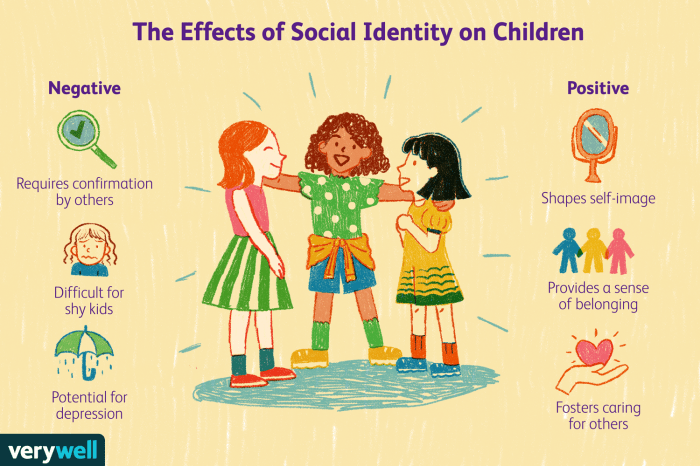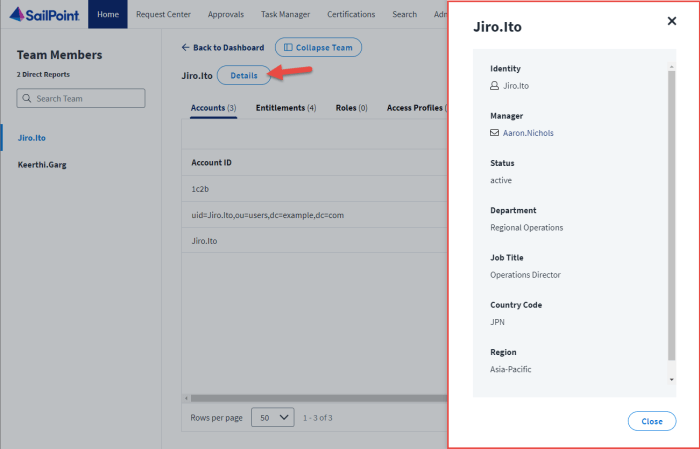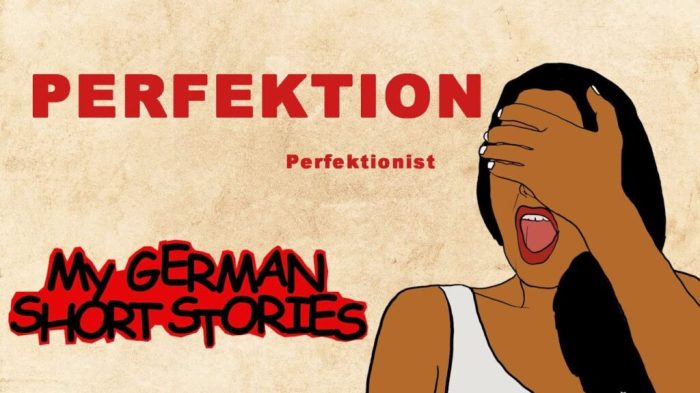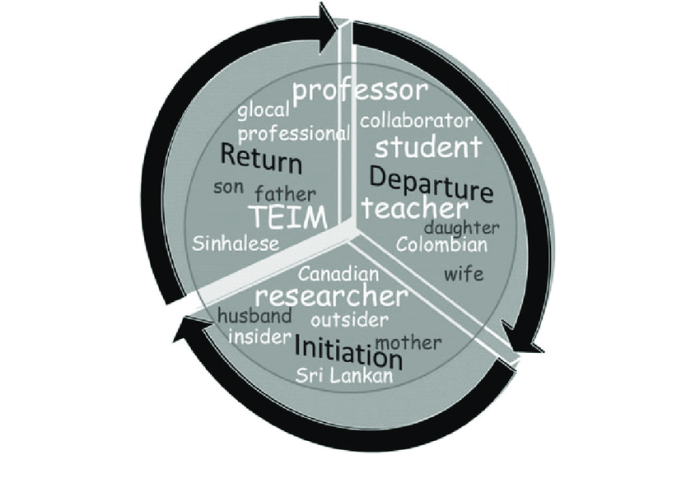Las identidades personales y publicas, the intricate dance between our private selves and our public personas, presents a fascinating and multifaceted subject. This essay delves into the depths of this dynamic relationship, examining its formation, expression, and the profound ethical implications it entails.
Social media, a ubiquitous force in contemporary life, plays a pivotal role in shaping and showcasing our identities. We explore how these platforms empower and challenge our sense of self, fostering both connection and vulnerability.
Personal and Public Identity

Personal identity refers to the unique characteristics, beliefs, and experiences that define an individual’s sense of self. Public identity, on the other hand, encompasses the social roles and expectations associated with an individual’s position within society. While distinct, these two identities are interconnected and influence each other.
Factors Shaping Personal and Public Identities
Personal identity is shaped by a complex interplay of factors, including:
- Genetics and biological factors
- Early childhood experiences and socialization
- Personal values and beliefs
- Life experiences and interactions
Public identity is influenced by societal norms, cultural expectations, and the roles individuals occupy within social institutions such as family, work, and community. These factors can shape an individual’s public persona, including their behavior, appearance, and interactions with others.
The Role of Social Media

Social media has profoundly impacted the formation and expression of personal and public identities. It provides individuals with a platform to construct and share their identities with a broader audience, while simultaneously shaping their sense of self through the interactions and feedback they receive online.
Enhancing Personal Identity
Social media allows individuals to curate and present a tailored representation of themselves, enabling them to explore and experiment with different aspects of their identity. By sharing personal experiences, beliefs, and values, individuals can build a digital footprint that reflects their unique perspectives and aspirations.
Challenging Public Identity
Social media can also challenge public identities by exposing individuals to diverse perspectives and challenging their preconceived notions. Through interactions with others, individuals may encounter viewpoints that conflict with their own, leading to introspection and potential shifts in their public identity.
Identity and Intersectionality

Personal and public identities are not mutually exclusive; rather, they intersect and shape each other. The concept of intersectionality recognizes that different aspects of our identity, such as race, gender, sexual orientation, and class, can overlap and influence how we experience and are perceived in the world.
For example, a Black woman may face discrimination based on both her race and gender. Similarly, a gay man may experience prejudice based on both his sexual orientation and his gender. These intersecting identities can create unique challenges and experiences that cannot be fully understood by considering each aspect of identity in isolation.
The Importance of Intersectionality
Understanding intersectionality is crucial for several reasons. First, it helps us to recognize the complex and multifaceted nature of identity. Second, it allows us to identify and address the specific forms of discrimination and oppression that marginalized groups face. Third, it promotes empathy and understanding by encouraging us to consider the experiences of others who may have different identities from our own.
The Ethical Implications

The interplay between personal and public identities raises ethical implications that require careful consideration. This section will explore the potential risks and benefits associated with sharing personal information in the public sphere.
One of the primary ethical concerns is the potential for privacy violations. When individuals share personal information online, they may inadvertently expose themselves to unwanted attention, identity theft, or other forms of cybercrime. The public nature of social media platforms means that personal information can be easily disseminated and shared beyond the intended audience.
Risks of Sharing Personal Information
- Privacy violations
- Identity theft
- Cyberbullying
- Reputational damage
Benefits of Sharing Personal Information
- Increased transparency
- Enhanced communication
- Social connection
- Personal growth
It is important to note that the ethical implications of sharing personal information are not always straightforward. While there are clear risks associated with privacy violations, there are also potential benefits to consider. For example, sharing personal information can increase transparency, enhance communication, foster social connection, and promote personal growth.
Ultimately, the decision of whether or not to share personal information in the public sphere is a complex one that requires careful consideration of the potential risks and benefits. Individuals should be aware of the ethical implications of their actions and take steps to protect their privacy while also reaping the potential benefits of online engagement.
Case Studies and Examples: Las Identidades Personales Y Publicas

The complex relationship between personal and public identities can be illustrated through various case studies and examples. These instances highlight the challenges and opportunities associated with navigating this relationship in an increasingly interconnected world.
One notable example is the case of social media influencers. Influencers often cultivate a carefully curated public persona that differs significantly from their private lives. While this allows them to present a specific image to their followers, it also raises questions about authenticity and the potential for a disconnect between personal and public identities.
Challenges of Navigating Personal and Public Identities
- Maintaining authenticity in the face of public scrutiny.
- Balancing personal privacy with the demands of a public persona.
- Managing the potential for backlash or criticism.
- Navigating the boundaries between personal and professional relationships.
Opportunities for Navigating Personal and Public Identities
- Leveraging public platforms to share personal experiences and perspectives.
- Building a community around shared values and interests.
- Using public visibility to advocate for social change.
- Exploring new forms of self-expression and creativity.
Another example is the use of digital avatars in online spaces. Avatars allow users to create and inhabit virtual identities that may or may not reflect their real-world selves. This can provide a sense of anonymity and freedom, but it can also raise concerns about privacy, cyberbullying, and the potential for deception.
Ethical Considerations in Navigating Personal and Public Identities, Las identidades personales y publicas
- Respecting the privacy of others.
- Avoiding misrepresentation or deception.
- Considering the potential consequences of one’s actions.
- Promoting a positive and inclusive online environment.
These case studies and examples underscore the complex and multifaceted nature of the relationship between personal and public identities. They highlight the need for individuals to navigate this relationship with sensitivity, authenticity, and ethical awareness.
FAQ Overview
What is the significance of personal identity?
Personal identity encompasses our unique traits, values, and experiences that define who we are at our core.
How does social media impact public identity?
Social media provides a platform for self-expression, enabling us to curate and project a specific public image.
What ethical considerations arise from the intersection of personal and public identities?
Sharing personal information in the public sphere raises concerns about privacy, authenticity, and the potential for misuse.
